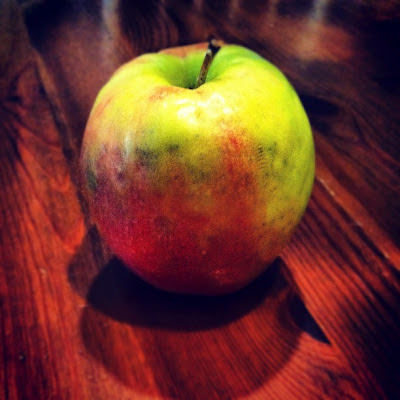Sin as “How”
I’ve written on this topic before, in “How vs What”, and would like to further explain how sin is truly a “how” equation instead of a “what”.
I understand there to be a very limited number of “whats” in the realm of human experience. And I also understand all of those “whats” to be good. In order to arrive at this understanding, I need to examine and understand the underlying desires that drive my actions. I say this because, on the surface, there certainly seem to be “whats” that are sin. For instance, in the biblical narrative Cain’s murder of Abel certainly appears to be a “what”. Yet upon further inspection we discover that Cain’s action was motivated by something deeper than simply wishing to eliminate his brother’s existence. He wanted equality and justice. He felt that he had been wronged before God by his brother, “shown up” if you will, and sought to correct this. He wanted approval from God. That is in no way a bad thing. In fact, it is supposed to be a Christian’s basest desire.
However, how Cain went about achieving this “what” was terribly wrong. In this sense Cain’s action, on the surface a concrete “what”, was really “how” he sought to gain his ends. The same goes for the original sin narrative in Genesis 3. Adam and Eve fell into sin when they tried to circumvent God’s means for acquiring knowledge by some immediate means: the fruit.
So then, lets connect some dots. If sin is truly a “how” and not a “what” scenario, then sin is not a static being, but a dynamic series of methods. It is then not enough to want justice, or love, or God’s approval, for in the wanting there is no righteousness. It is how you pursue justice, love or God’s approval that determines righteousness or sinfulness. This then has tremendous implications for how we formulate our ethics, and demands of us an ability to hear and obey God’s word, instead of relying on a series of principles that are supposed to govern our actions regardless of context.
But in another sense of the word, how do we do this? If our “how” determines our “what”, how do we know the proper “how” concretely? The answer I think will take much more than a blog post to sort out, but I think I can sum it up here.
First, it requires a careful attention to God’s word, and a properly humble approach to it, allowing it to inform you as opposed to you bringing your own ideas to it. It also requires patience, as God’s methods may not seem direct to us. My imagination plays out a scenario in which a student informs a teacher that she does not need to know everything. The teacher responds that this is a good position to arrive at, but in order to properly arrive at this position, the student has to go through the process of learning that she cannot know everything, and only then can she arrive at a place of peace in not knowing everything. In the same way, God’s methods may seem circuitous to us, but perhaps in order to reach the goal that both we and God are aware of, we need to experience things so that the goal will be good and not evil.
